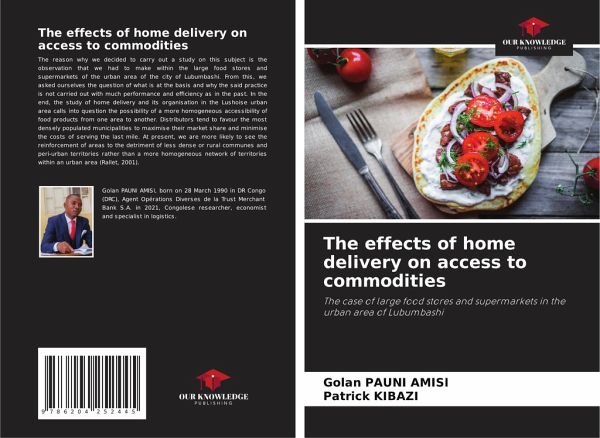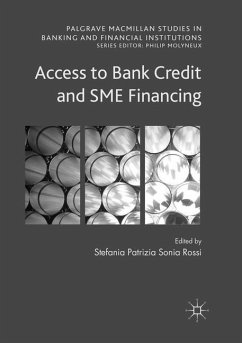
The effects of home delivery on access to commodities
The case of large food stores and supermarkets in the urban area of Lubumbashi
Versandkostenfrei!
Versandfertig in 6-10 Tagen
27,99 €
inkl. MwSt.

PAYBACK Punkte
14 °P sammeln!
The reason why we decided to carry out a study on this subject is the observation that we had to make within the large food stores and supermarkets of the urban area of the city of Lubumbashi. From this, we asked ourselves the question of what is at the basis and why the said practice is not carried out with much performance and efficiency as in the past. In the end, the study of home delivery and its organisation in the Lushoise urban area calls into question the possibility of a more homogeneous accessibility of food products from one area to another. Distributors tend to favour the most den...
The reason why we decided to carry out a study on this subject is the observation that we had to make within the large food stores and supermarkets of the urban area of the city of Lubumbashi. From this, we asked ourselves the question of what is at the basis and why the said practice is not carried out with much performance and efficiency as in the past. In the end, the study of home delivery and its organisation in the Lushoise urban area calls into question the possibility of a more homogeneous accessibility of food products from one area to another. Distributors tend to favour the most densely populated municipalities to maximise their market share and minimise the costs of serving the last mile. At present, we are more likely to see the reinforcement of areas to the detriment of less dense or rural communes and peri-urban territories rather than a more homogeneous network of territories within an urban area (Rallet, 2001).












